There are several delectable film noir offerings this weekend in Los Angeles. First, a sequel worth seeing! That would be “Sin City: A Dame to Kill For” by directors Frank Miller and Robert Rodriguez. It’s a follow-up to 2005’s “Sin City.” (Miller adapted both scripts from his graphic novels.)
 “Sin City 2” stars Mickey Rourke, Jessica Alba, Josh Brolin and Joseph Gordon-Levitt. The movie opens Friday.
“Sin City 2” stars Mickey Rourke, Jessica Alba, Josh Brolin and Joseph Gordon-Levitt. The movie opens Friday.
Following closely behind its Hollywood Exiles in Europe series, UCLA is hosting Exile Noir, a lineup that explores the major contribution to film noir by German-speaking émigrés in Hollywood, all of whom were schooled in German expressionist cinema. Exiled from Nazi Germany, Jewish writers and directors brought a dark vision to their work, informed by staggering loss, pain, fear and betrayal.
Their arrival in Los Angeles permanently altered the city’s creative landscape. As Jan-Christopher Horak, director of the UCLA Film & Television Archive, recently told Susan King of the LA Times: “[Their arrival] changed not just the film industry and the kind of films that were being made, it changed the intellectual life. You have people who are not in the film industry but came here because of the weather and perceived opportunities, like [composer] Arnold Schoenberg and [author] Thomas Mann. They changed the intellectual character of Southern California.”
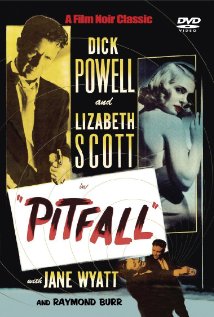 The program, which runs through Sept. 28, kicks off with an impressive double bill: the prototype of the genre, “Double Indemnity” (1944, Billy Wilder) and “Pitfall” (1948, André De Toth), starring Dick Powell, Lizabeth Scott and Jane Wyatt. In honor of “Double Indemnity” turning 70 this year, on Valentine’s Day, we compiled a list of 14 reasons we love this flick.
The program, which runs through Sept. 28, kicks off with an impressive double bill: the prototype of the genre, “Double Indemnity” (1944, Billy Wilder) and “Pitfall” (1948, André De Toth), starring Dick Powell, Lizabeth Scott and Jane Wyatt. In honor of “Double Indemnity” turning 70 this year, on Valentine’s Day, we compiled a list of 14 reasons we love this flick.
This series is presented in anticipation of the Skirball Cultural Center exhibit, Light & Noir: Exiles and Émigrés in Hollywood, 1933–1950, running Oct. 23–March 1, 2015. More on that in the next few weeks.
Also, as I mentioned earlier this week, the Egyptian Theatre is showing Sam Fuller’s film noir masterpiece “Pickup on South Street” and “White Dog.” His daughter Samantha Fuller will introduce the movies.
There’s no doubt: Life is good for noiristas in Los Angeles!






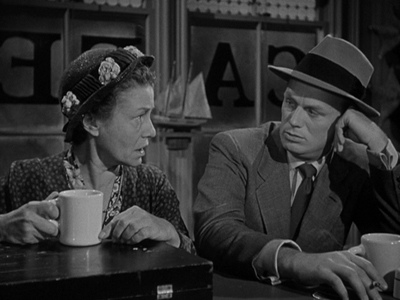
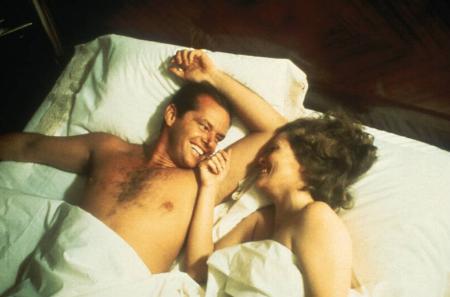

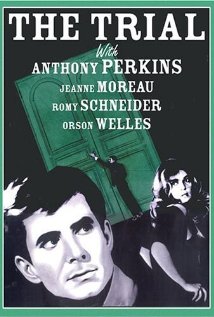
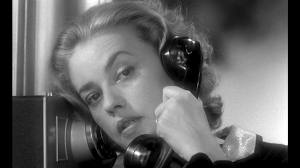

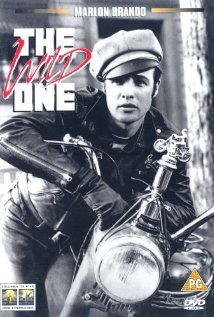
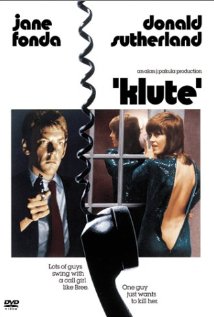
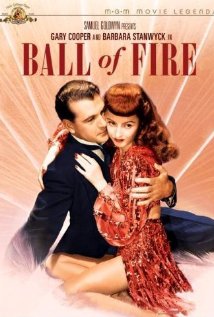
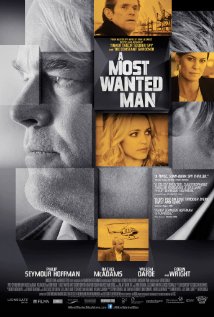
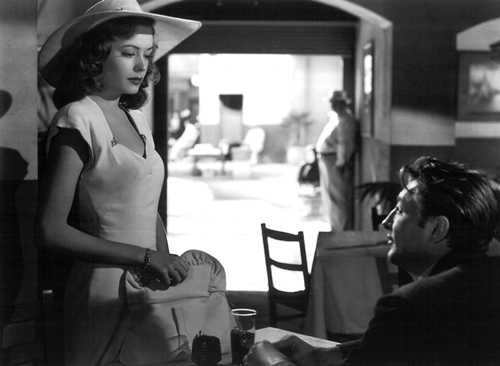
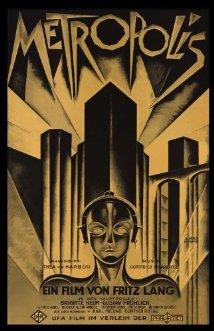
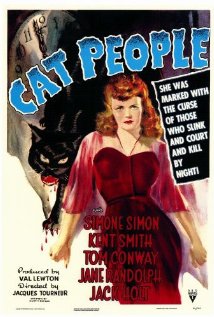
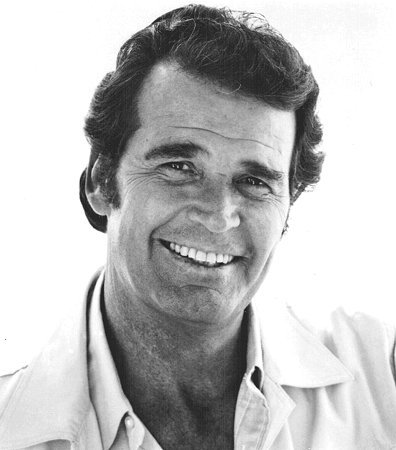

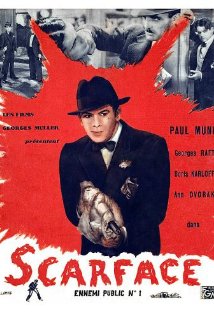
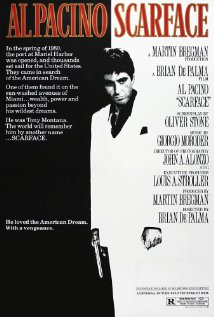
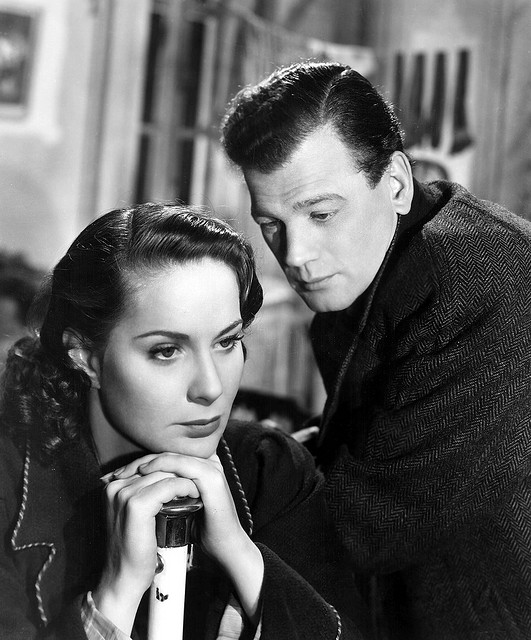
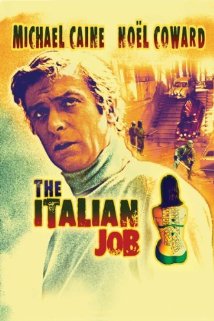
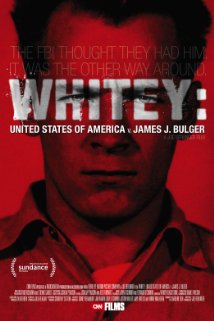





From FNB readers